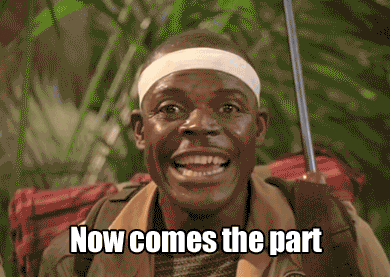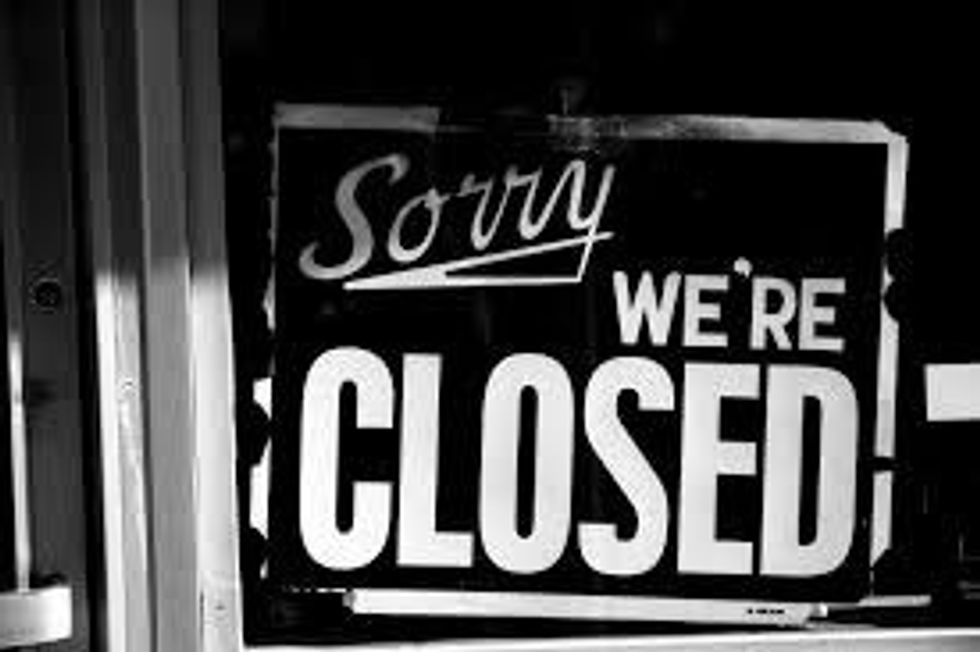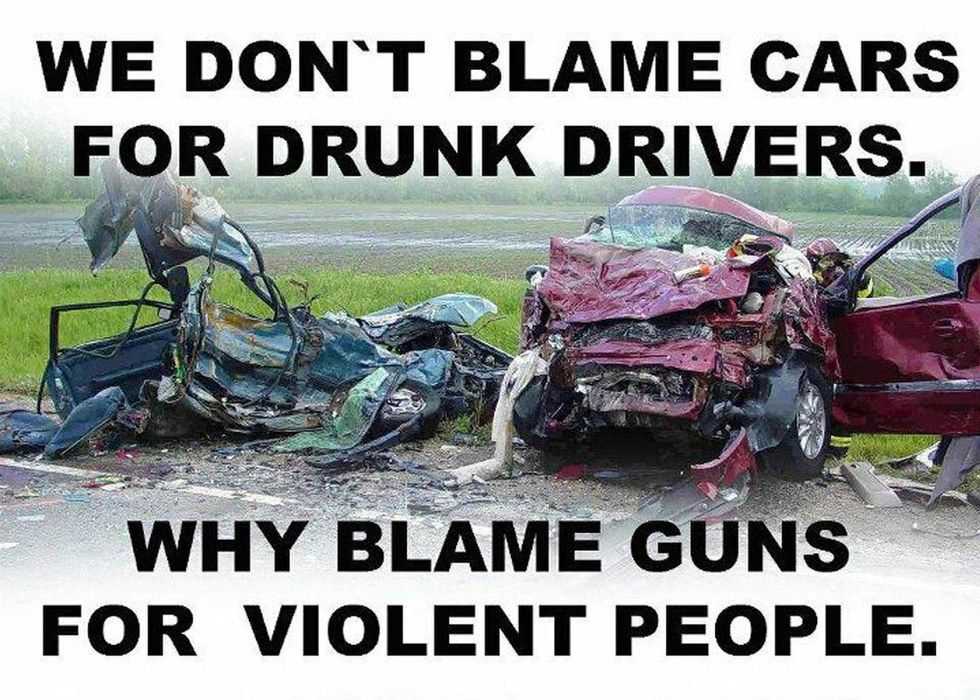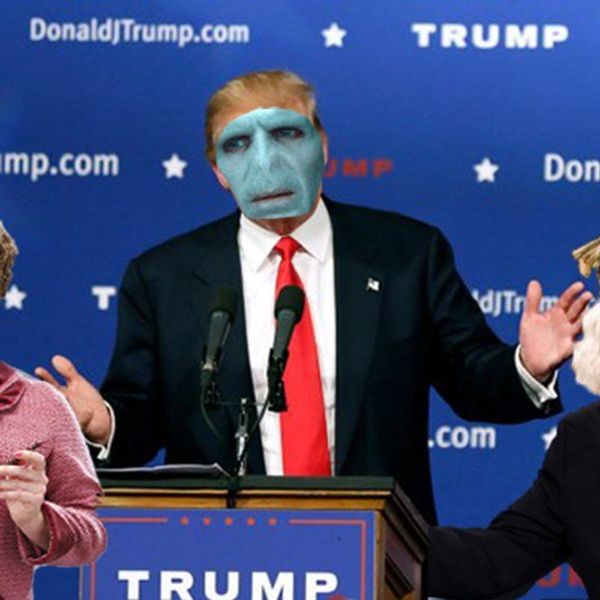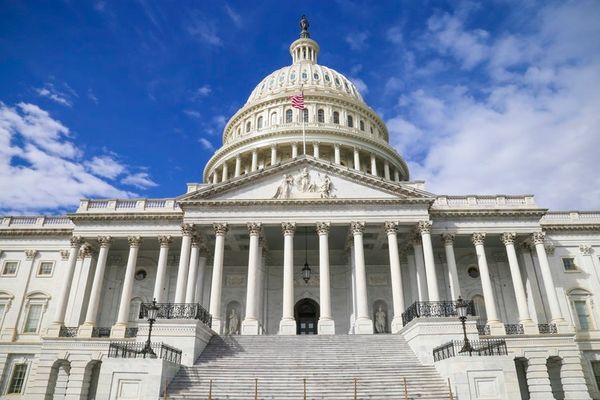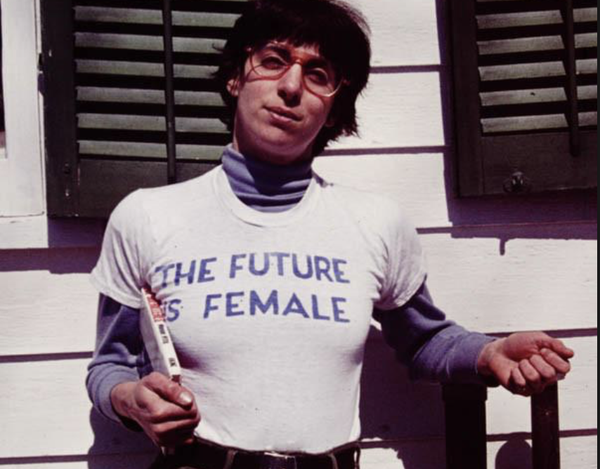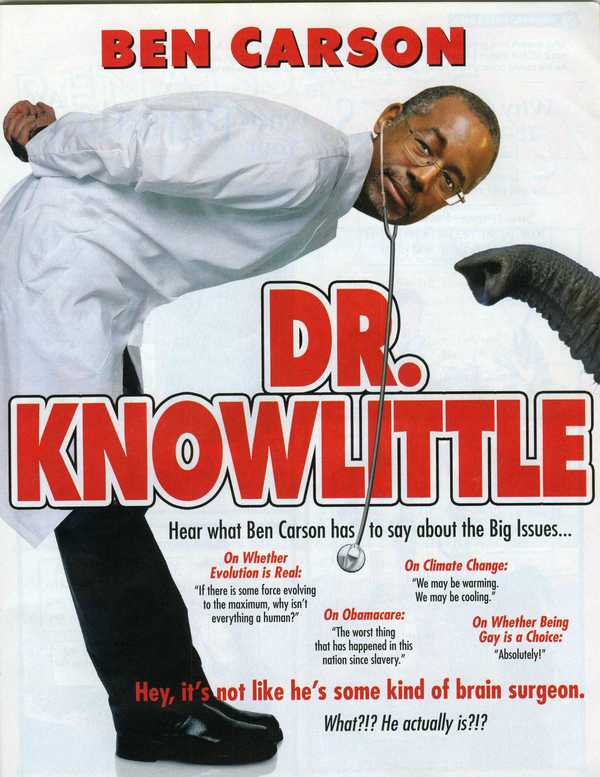If we all woke up tomorrow and found out the Constitution had the Second Amendment repealed, thus banning civilian ownership of guns in the United States, how would most people react? For some, I’m certain there would be celebrations in the streets. Others, like myself, would react differently, and this could range from stubborn demand for compensation for all of our firearms we own (I shucked a lot of money out on my personal rifle), to potential violence from those refusing to relinquish their firearms right to the bitter end.
However, there is another side to this argument that is rarely or never heard of. What happens to the people in the firearms industry? No, I’m not talking just about the 135 U.S.-based manufacturing industries that in one way or another create weapons for either military or public use. I’m also talking about the people in the distribution, retooling and sales part of that industry. If your answer is they are just going to sell to the police I hate to tell you but you are dead wrong.
A lot of these companies are going to go belly up and close their doors, and there are tens of thousands of these kinds of stores all across the United States. Some companies, like Chestatee Firearms in Dahlonega, where a few of my friends in the Corps of Cadets work, are "mom and pop" stores, while others, like Georgia Gun Club, employ dozens of people to manage their sales floor, classrooms and indoor gun ranges. So where does that leave the number of people unemployed because the government just made their job illegal? We,l there are exactly 64,747 licensed gun dealers in the US according to the ATF, each one employing somewhere in the range of five to 20-plus people to maintain their business. So how many people would be out of a job?
Well, the number can be as low as just over 320,000 to over 1.2 million Americans. 1.2 million let that number sit in because that does not add Walmart, Dicks Sporting goods or other wholesale retailers that sell firearms. Now, to throw more numbers your way is the cost these people owe to the manufacturers for their now illegal product, because like any retail store, they have to restock their inventory every now and then, which can reach into the tens of thousands of dollars because, face it, guns are expensive (mine alone set me back about $600). So, not only would that decision put hundreds of thousands, if not over a million, people out of a job, but would leave a huge financial burden on many of them, especially a lot of the mom and pop small business owners; and I haven’t even begun to explain what happens to the manufacturers.
Now, you are going to ask me what happens to the manufacturers? You know, the 135 armament manufacturers I mentioned earlier. Well, there are many that have either diversified their assets or don’t manufacture for the civilian market like Polaris and Raython, but there are still dozens of manufacturers that produce for folks like you and me. These companies like Smith and Wesson, Marlin, Bushmaster and Colt, to name a few, employ hundreds to thousands of people, and are publicly shared corporations. So how would the banning of public ownership of firearms affect them? Well, for starters, some -- like Marlin, which solely manufactures for civilians -- would inevitably go out of business, leaving hundreds, if not thousands more Americans out of a job, and we are not even talking about the industries that are built around firearms accessories like optics, bullets and furniture. I will save you the numbers by simply saying this ban will inevitably drop their sales drastically and force them to make cuts across the boards, which means more people will lose their job but, hey, at least guns are illegal! Well, illegal to law abiding citizens that is.
Every time I get into an argument with someone that is for banning all guns, there is a little history lesson I love to teach them that the United States has twice banned certain objects, and it’s failed both times. I am, of course, talking about prohibition and the war on drugs. What have we gained from both of these bans that was positive? Aside from a few dead drug lords, not really anything. What we did receive was an increase in crime, overcrowded jails because people were just possessing substance and the span of underground black markets.
What makes anyone think that this will not happen to firearms? To be frank, I honestly think anyone that believes folks will just willingly give up their weapons and live in happy, hunky dory lives are either stupid, communist, Nazis or some dangerous mix of the two. In short, banning firearms to any extent not only affects law abiding citizens like myself and millions of other Americans, but also affects both large and small businesses that make their living selling them to us. There are some cities in the United States that do have total ban or extremely tight control of guns in their limits like Washington D.C., Chicago, New York City and Los Angeles. Yet, there are violent crimes many committed with guns in those cities every year, and yet the officials in these cities have near-total control of what people in that city own, or did they forget that criminals don't care about laws? Well, I leave it up to you to tell me what you think.




